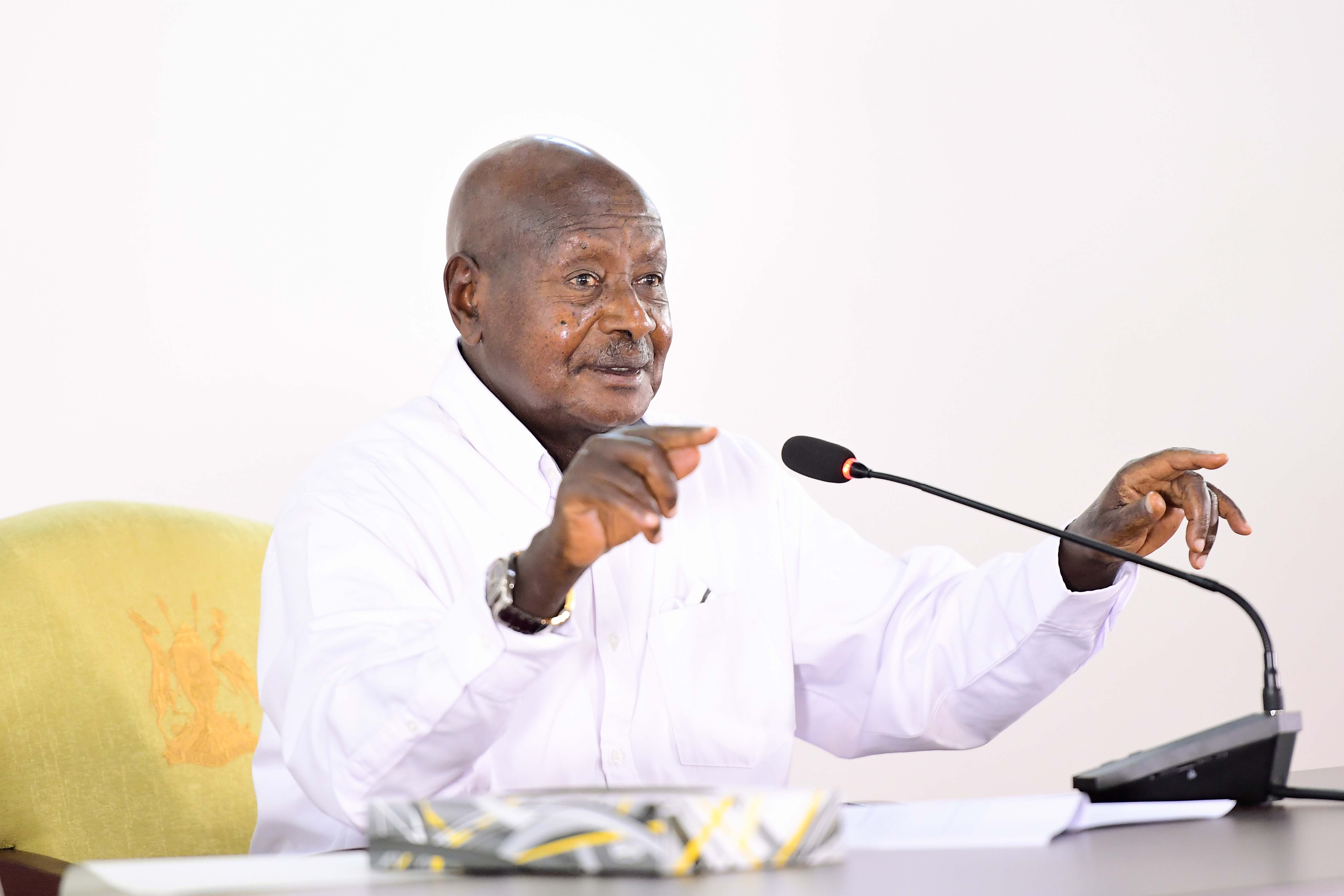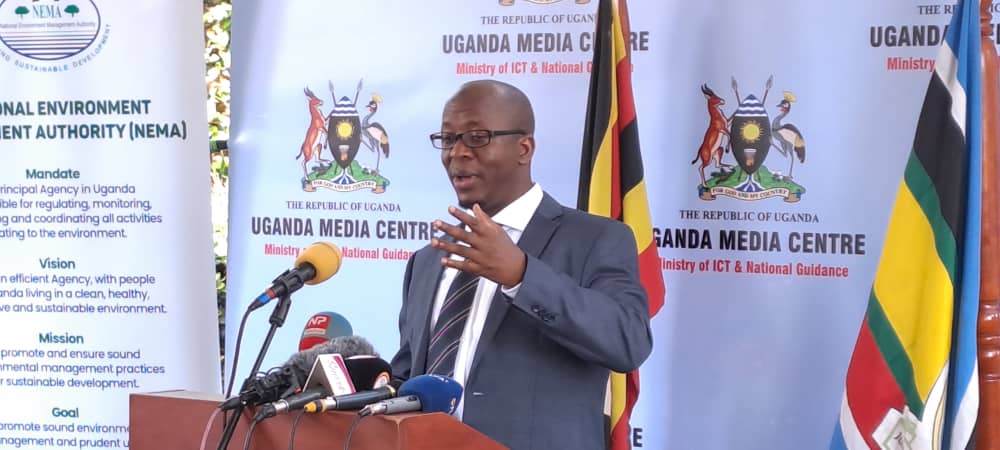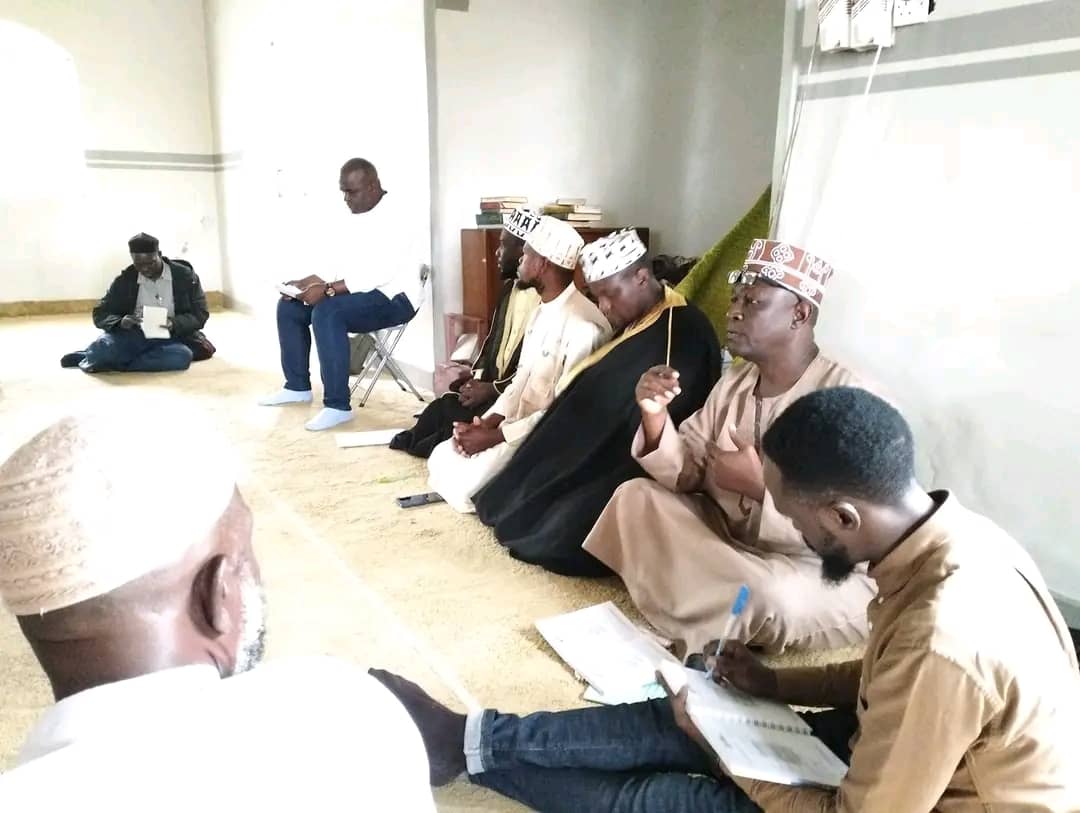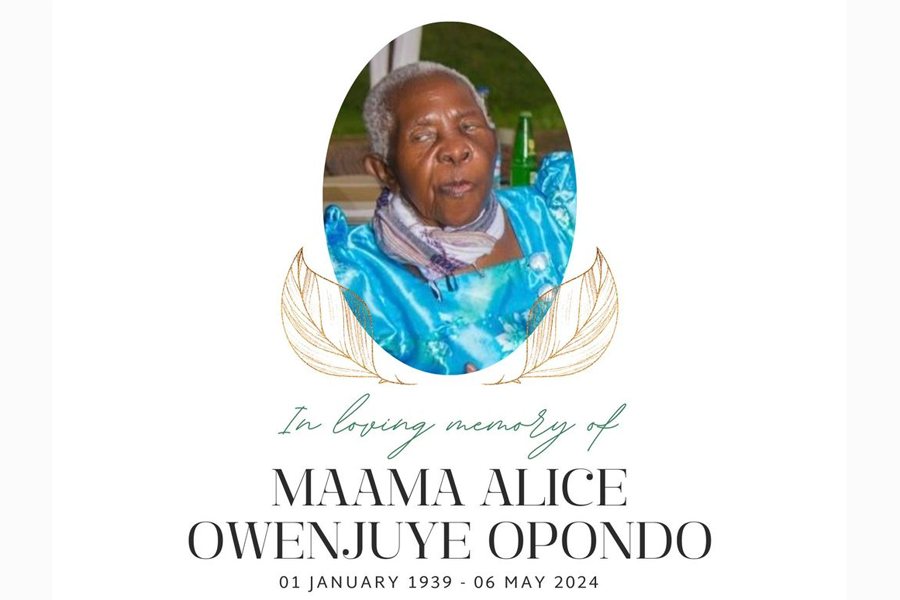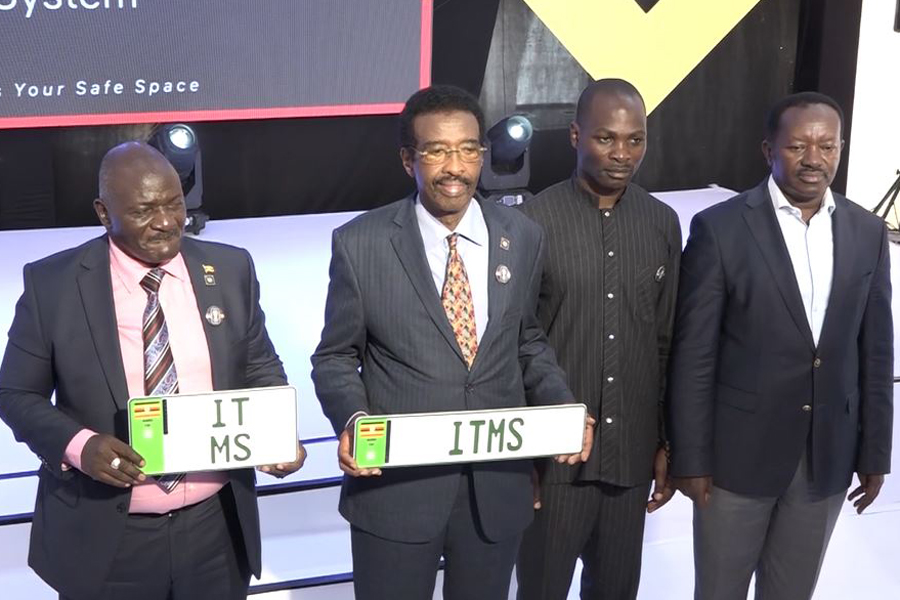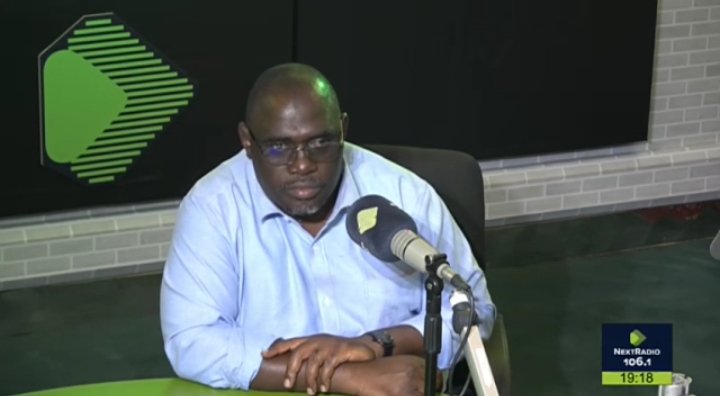Understanding the Role of RDCs in Uganda: Mandates and Responsibilities

In Uganda, Resident District Commissioners (RDCs) play a pivotal role in governance and administration at the district level. These government officials hold significant responsibilities, acting as the link between the central government and local authorities.
The RDCs are non-political leaders appointed by the President of Uganda and serve as his representatives in the districts. Their primary role is to coordinate government programs and policies at the grassroots level, ensuring effective implementation and service delivery.
Keep Reading
They act as the eyes and ears of the central government, monitoring and reporting on developments within their districts.
The mandates of RDCs are derived from several sources:
Constitution of Uganda.
The Constitution grants the President the power to appoint RDCs under Article 203. This provision outlines the responsibilities of RDCs in ensuring peace, security, and development within their respective districts.
Local Government Act. The Local Government Act of Uganda provides further guidance on the role and functions of RDCs. It empowers them to oversee the activities of local governments, maintain law and order, and coordinate government services within their jurisdictions.
Presidential Directives.
RDCs often receive directives directly from the President or the Office of the President. These directives may relate to specific government initiatives, security matters, or development projects, and RDCs are expected to ensure their implementation.
Ministerial Guidelines.
RDCs work closely with various government ministries and agencies. They receive guidelines and instructions from these entities regarding the implementation of sector-specific programs and policies within their districts.
However, often these have had criticism headed their way as to whether they are doing what they are meant to do, given that most of the appointed officials happen to have engaged in politics.



